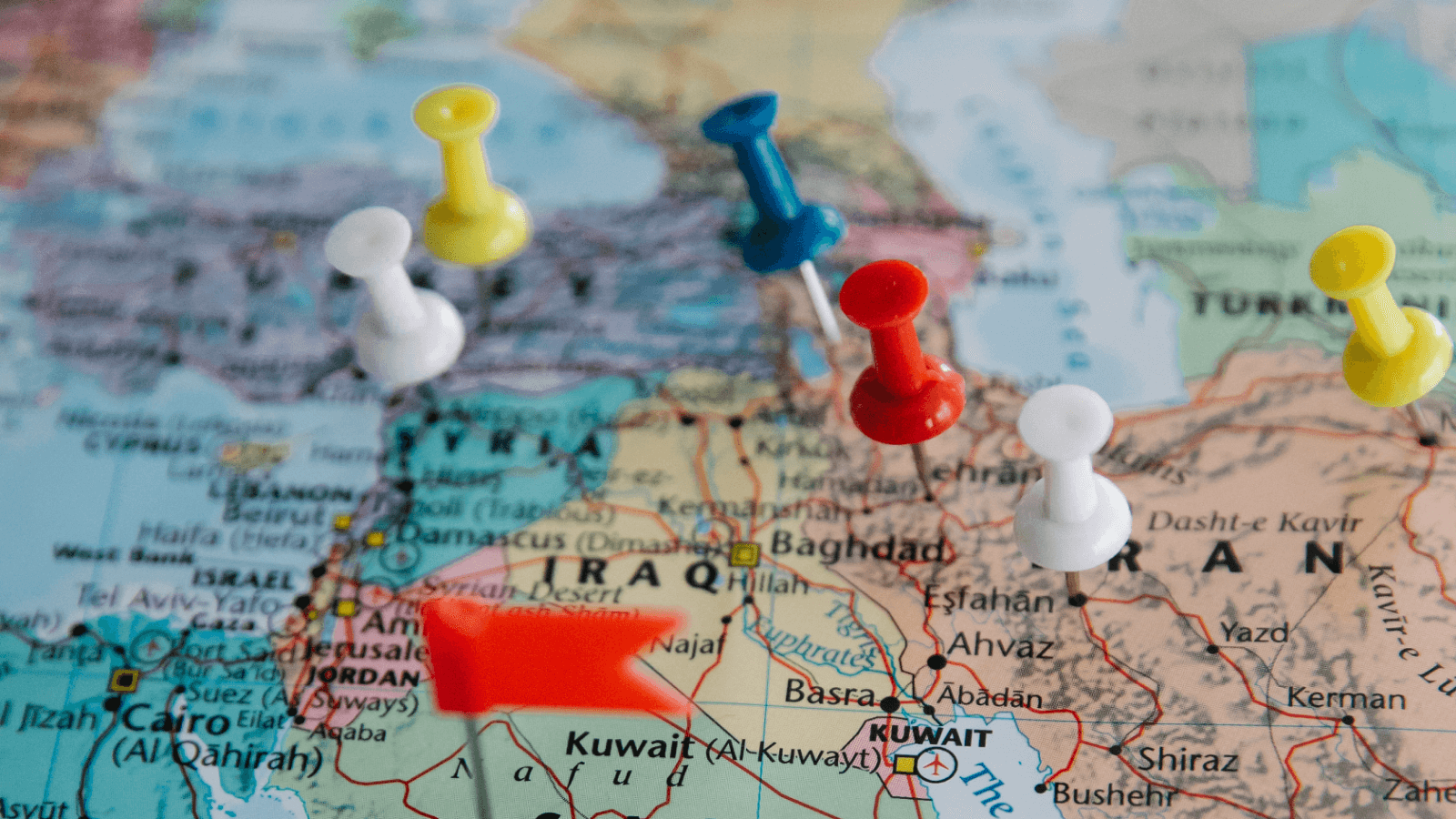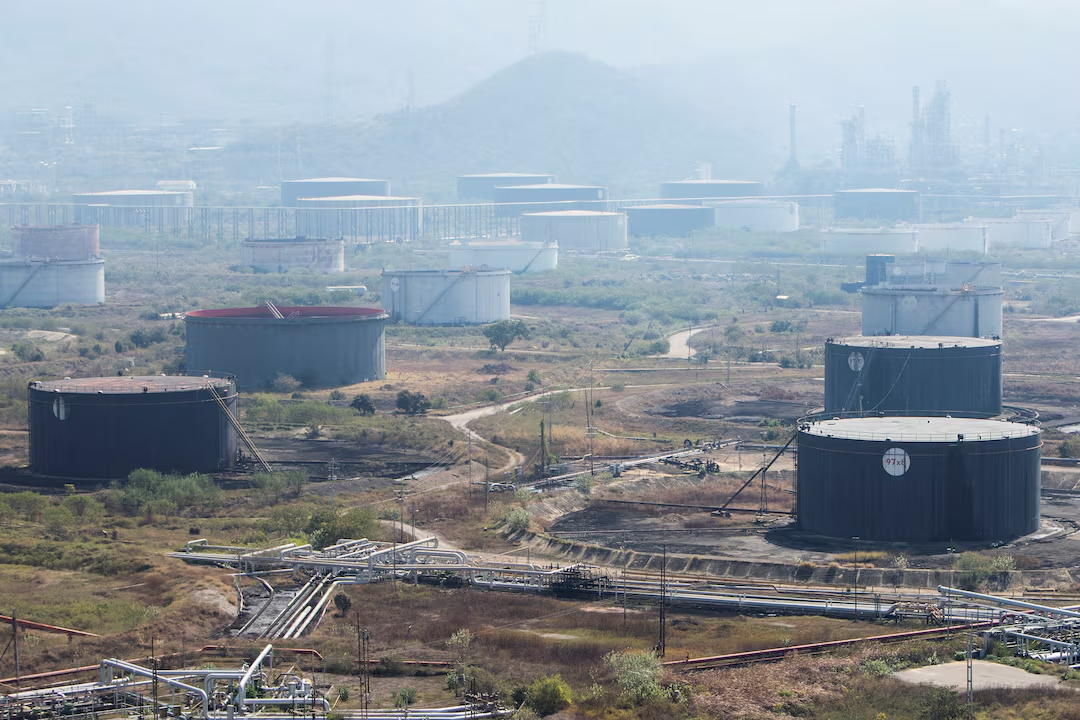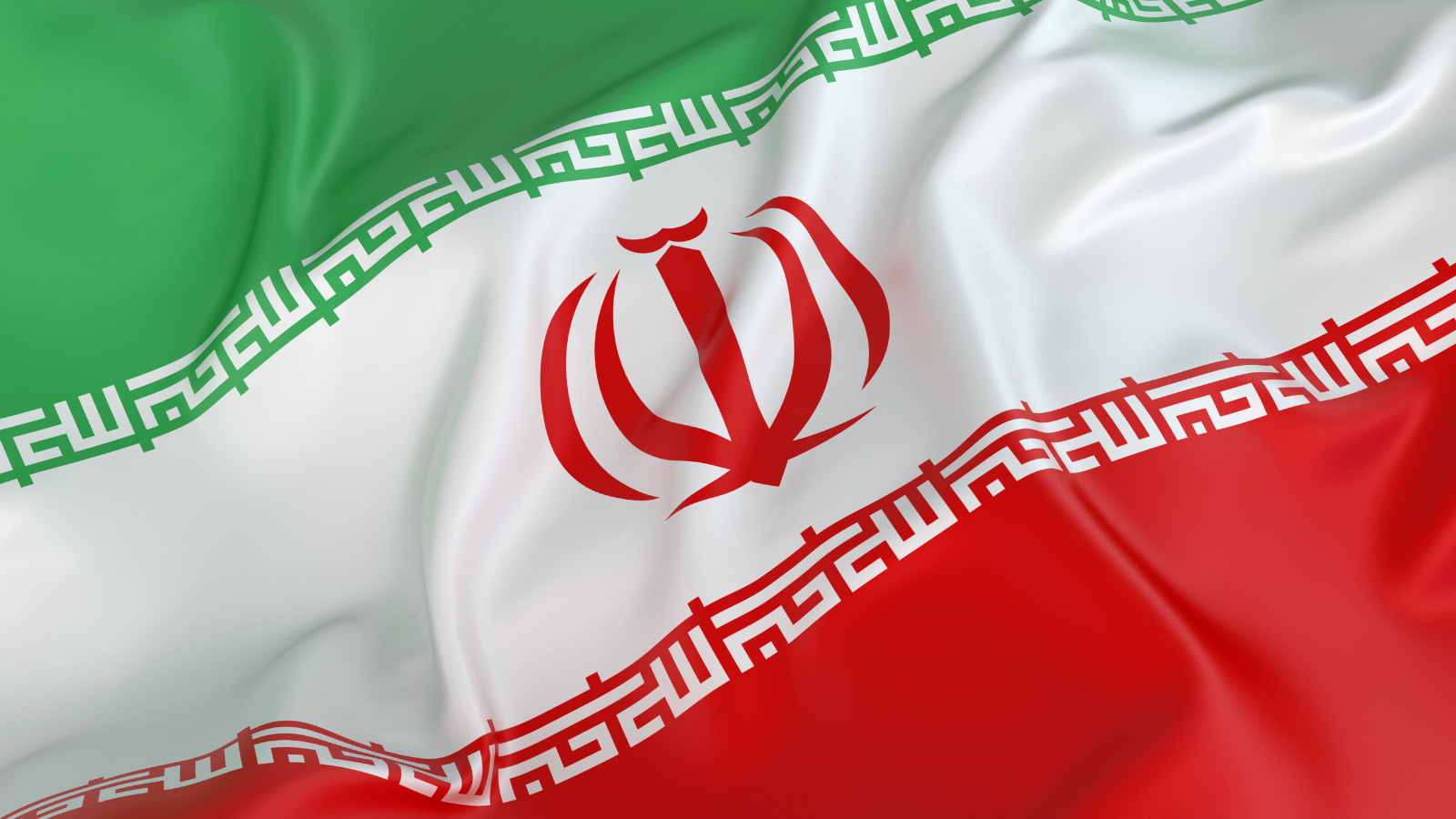The Middle East has once again reasserted itself as the epicenter of global geopolitics. Israel’s recent strike on Iran’s nuclear facilities is not merely an escalation between two entrenched regional rivals. It marks a deep and potentially transformative turning point—one capable of redrawing strategic fault lines from Ankara to Washington, from the Strait of Hormuz to Brussels.
This is no routine clash. It is the tremor before the quake. The region, already on the verge of a slow boil, is now poised to erupt into a broader inferno. Missiles slice through the sky. The old order creaks under pressure. And amidst this volatile chessboard, one actor can no longer afford either ambiguity or inertia: Turkey.
Israel’s Doctrine in Action: Preemptive Strike or Regime Dismantling?
Israel’s justification is based on its long-established doctrine of preemptive defense. Yet this time, the calculus is more existential, the timing more deliberate, the message more defiant.
Iran’s uranium enrichment, surpassing 60%, is now effectively brushing against weapons-grade territory. According to the International Atomic Energy Agency (IAEA), Tehran may reach 90% purity within weeks, crossing the technical threshold for building a nuclear bomb.
But this is not just about uranium. Israel’s true aim is the dismantling of Iran’s broader geopolitical architecture—an influence network built through proxies such as Hezbollah, Hamas, and the Houthis. The target is not simply a nuclear site; it is a worldview, a regional design, a regime.
This strike also sends an unambiguous signal to Washington: “If you won’t act, we will.” While the Trump administration postures toward reviving the Joint Comprehensive Plan of Action (JCPOA) through negotiations, it avoids direct confrontation. Israel, in my view, is acting with full coordination from the Pentagon, filling the strategic vacuum.
For Netanyahu, under siege at home from political and legal turmoil, a controlled external crisis offers a familiar and convenient mechanism for restoring domestic legitimacy.
Let us be clear: Israel’s ultimate objective is not Iran’s nuclear stockpile—it is the regime itself. And with tacit approval from the West, the scaffolding for its disassembly is already being erected.
Iran Nears the Threshold—But Is the World Watching?
Technically speaking, Iran is ready. Its advanced IR-6 centrifuges enrich uranium at unprecedented speeds. But nuclear capability is never solely a technical matter—it is a political decision. Warhead design, delivery systems, testing capacity, and most importantly, political will are all required.
And herein lies the paradox: as the threat intensifies, global attention becomes increasingly dispersed. With the world fixated on the war in Ukraine, the tragedy in Gaza, the Taiwan Strait tensions, and Europe’s energy quagmire, Iran is moving forward in the shadows. Israel acts amid the silence.
Fallout Without Borders: Turkey Faces a Radiological Threat
A military strike on Iran’s subterranean facilities—such as Natanz or Fordow—would not be a tactical operation alone; it would pose a civilizational risk. A miscalculation, structural collapse, or targeted sabotage could release radioactive material beyond Iran’s borders. Depending on wind patterns, fallout could reach eastern Turkey—Van, Iğdır, Ağrı, Hakkâri—within hours.
This is not a theoretical risk. It would be an environmental, agricultural, and humanitarian catastrophe. Yet Turkey remains gravely underprepared: no realistic fallout simulations, no advanced early-warning systems, and no strategic reserves of iodine tablets. Our civil defense infrastructure is skeletal.
This is not tomorrow’s threat—it is today’s. Resilience cannot be improvised in the eleventh hour.
Energy Security in the Line of Fire
Turkey currently imports approximately 10 billion cubic meters of natural gas from Iran annually—around 15% of its domestic consumption. In the event of sabotage, sanctions, or conflict-induced disruption, the consequences would be immediate and severe. Planned transits of Turkmen gas via Iran could collapse under the weight of regional instability.
And then there is Hormuz. A crisis in the Strait would drive oil prices well beyond $150 per barrel. LNG supply would tighten. Inflation would rise. The current account deficit would balloon. The energy shocks triggered by Russia’s invasion of Ukraine in 2022 may appear mild by comparison.
Energy security is no longer merely an economic file—it is a pillar of national security.
If Hormuz Closes, the World Suffocates
The Strait of Hormuz is the most critical maritime artery in the global energy system. Nearly one-third of the world’s oil flows through this narrow passage. A blockage or military standoff would shatter supply chains, destabilize financial markets, and trigger new geopolitical alignments.
Israel is unlikely to deploy directly into Hormuz. However, its strengthening ties with the UAE, Bahrain, and even Saudi Arabia point to a broader strategic realignment. A new regional security axis—quietly underwritten by Washington—is emerging in waters Israel may not patrol, but certainly influences.
Turkey cannot afford to remain a spectator to this shifting architecture. It must either seize the helm or be swept away by the tide.
Turkey’s Strategic Choice: Rival or Regional Counterweight?
For Ankara, the moment of reckoning has arrived. Turkey and Israel can no longer drift between rivalry and rapprochement. The tectonic plates of the region are moving. Egypt’s influence has waned. Iran’s wings are being clipped. Turkey alone stands as a viable counterbalance to Israeli power.
From a purely strategic perspective, a weakened Iran—its nuclear ambitions curbed, its proxy networks constrained—is not inherently contrary to Turkish interests. But with great power comes greater responsibility. Ankara must now co-author the regional equilibrium, possibly even in tacit partnership with Israel.
That will require hard-nosed diplomacy, strategic confidence, and a projection of power rooted in mutual interest, not sentimentality.
The Palestinian cause, to be sure, remains both a moral and political pillar of Turkish foreign policy. Yet we must accept that moral clarity, without strategic leverage, is not enough. We have seen this painfully, as thousands of Palestinian women and children perished before a largely powerless global audience. Rhetoric alone cannot deliver aid, build influence, or shape outcomes.
What is needed now is direct dialogue, calibrated pressure, mutual trust, shared interests, and pragmatic engagement.
The Deterrence Dilemma: Capability vs. Credibility
Turkey may boast the second-largest military in NATO after the United States. But scale alone does not guarantee effectiveness. Readiness and technological parity are essential.
Our air force is aging. F-16 modernization is delayed. Access to advanced systems like the F-35 and Patriot batteries has been politically obstructed. The S-400s remain unused. The KAAN indigenous fighter project is promising, but unlikely to enter service before 2030.
Turkey’s drones provide an asymmetric advantage but are vulnerable to sophisticated air defenses. The “Blue Homeland” doctrine is strategically robust, but the naval assets required to implement it—modern submarines, frigates, integrated combat systems—are insufficient.
Crucially, Western allies show little willingness to close these gaps. Especially when the perceived end-use could challenge Israeli supremacy. In such cases, support vanishes entirely. The result? Strategic isolation.
The burden now falls on us. Our defense industry is advancing rapidly, but time is short, and the stakes are rising.
Will Turkey Sit at the Table—or Be Served on It?
Should regime change unfold in Tehran, what posture will Ankara adopt? Strategic ambiguity is no longer sustainable. Turkey must chart a clear course—one that protects its national interests, anticipates power vacuums, and avoids being drawn into others’ proxy wars.
This begins at home: with economic stability, social cohesion, and institutional strength. Without those pillars, no foreign policy can carry weight.
As the region is reshaped—militarily, diplomatically, and energetically—Turkey must decide: Will it help write the next chapter of history, or merely read along?
The era of emotional foreign policy is over.
This is the age of calculated realism.
And in this crucible of change, Turkey must not only endure—
It must lead.








